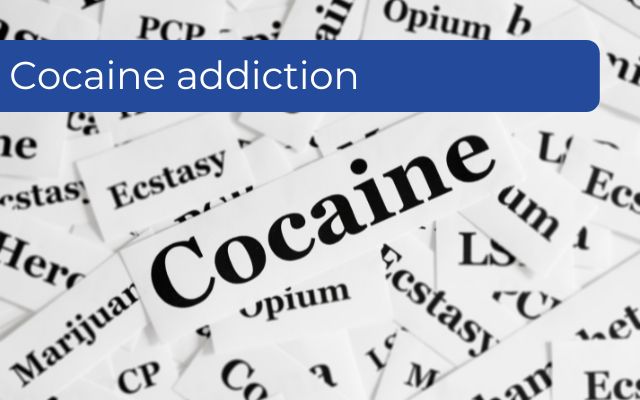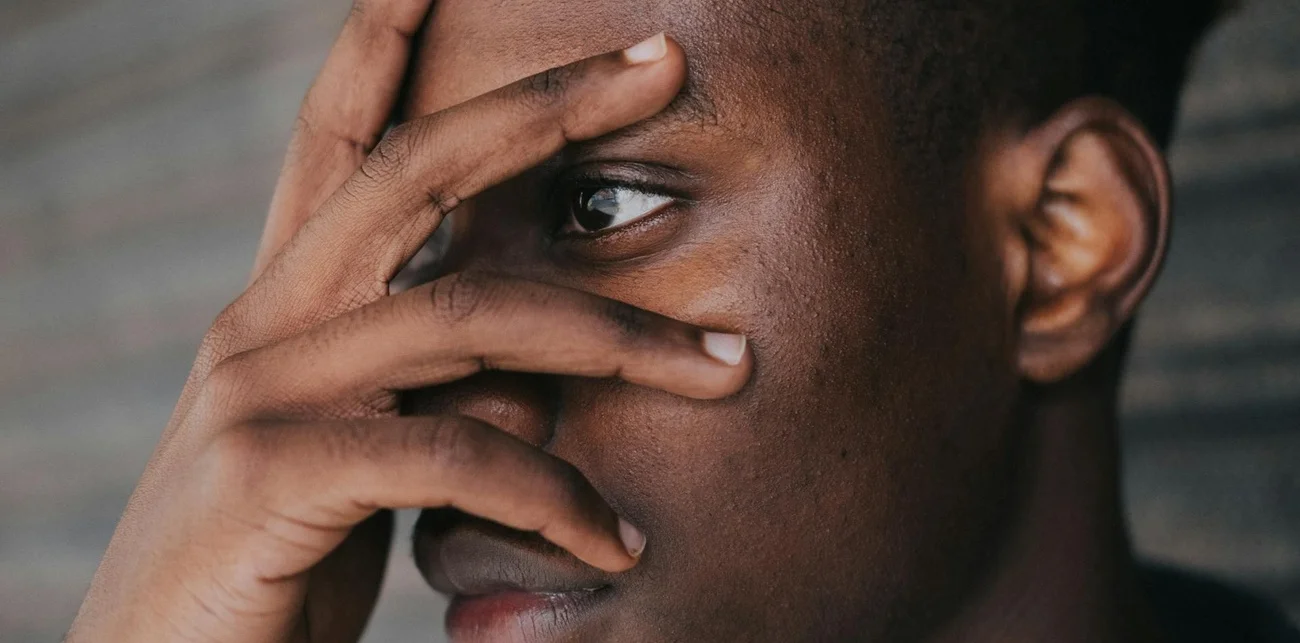Cocaine addiction can vary widely between powder and crack with distinct risks withdrawal patterns and lasting harms that need tailored care for each person
Cocaine Addiction – Cocaine and Crack Cocaine, What’s the Difference?

Cocaine addiction may not look the same in each person, that’s because there are key differences in the substance, how it’s used, and how it’s refined. Understanding how cocaine and crack cocaine work, and how they affect the user, will help in knowing how to address the problem

What is it?
Cocaine is an addictive stimulant drug derived from the leaves of the Coca plant native to South America. Cocaine reacts within the central nervous system and produces euphoria and rapid energy.
What does it look like?
Cocaine is distributed in two main forms: Cocaine hydrochloride which is a fine white powder, and crack which is cocaine hydrochloride that has been processed with ammonia or sodium bicarbonate (baking soda) and water to create ‘freebase’ cocaine – these appear in the form of chips, chunks or rocks.
How is it used?
Cocaine can be snorted, rubbed into the gums or dissolved in water and injected. Crack is smoked. People who use cocaine usually take it in binge episodes— taking the drug repeatedly within a short frame of time, at increasingly higher doses in order to maintain their high.
What does it do?
Being a central nervous system stimulant, cocaine affects the brain by stimulating high levels of dopamine, a brain chemical associated with pleasure and reward. Using cocaine circumvents this process by blocking dopamine from being reabsorbed. This creates a flood of chemicals in the brain, and this causes the intense “high” experience. As the drug leaves the bloodstream, extreme lows may be felt as a “crash.”
Side effects
The way cocaine is used may influence the side effects and risks of the drug. For example; People who usually smoke cocaine may be more prone to suffering from respiratory problems whereas someone who snorts the drug may have nosebleeds and acquire damage to the nasal and sinus cavities. Intravenous drug users may share drug paraphernalia, resulting in compounding risks for infectious disease, wounds and collapsed veins with extended use.
Common side effects of cocaine use include:
- Constricted blood vessels
- Dilated pupils
- Nausea
- Raised body temperature and blood pressure
- Elevated or irregular heartbeat
- Tremors and muscle spasms
- Restlessness
Long-Term Effects include:
- Snorting: loss of smell, nosebleeds, frequent runny nose, and issues with swallowing
- Smoking: cough, asthma, respiratory distress, and higher risk of infections like pneumonia
- Consuming by mouth: severe bowel decay from reduced blood flow
- Injecting: Compound risk of contracting infectious diseases
Overdose
When the brain and body become dangerously overstimulated with the use of too much cocaine commonly experienced side effects, like increased heart rate, are raised to potentially lethal levels.
Signs of a potential overdose include:
- Irregular heartbeat
- Elevated heart rate
- Very high blood pressure.
- Nausea.
- Confusion.
- Excessively high body temperature.
- Sweating.
- Severe anxiety or agitation.
- Psychosis.
- Tremors.
- Seizures.
- Stroke.
Withdrawal
The withdrawal symptoms experienced when a user attempts to stop using cocaine may include:
- Agitation or restlessness
- A general feeling of discomfort
- Strong cravings
- Irritability
- Lack of motivation
- Excessive sleepiness
- Decreased sexual desire
- Mental and physical exhaustion
- Depression
- Inability to feel pleasure
- Vivid and/or upsetting dreams
- Increased appetite
- Slowed activity
- Poor concentration
Only in severe cases will antagonistic and paranoid behaviours be present. The most drastic withdrawal symptoms will only last for between one and two weeks however the symptoms of withdrawal can vary widely from person to person and how much and how often they used cocaine.
Start Admission Now
Fast authorisation and a confirmed bed reduce delays—early treatment is linked to better outcomes.
Treatment
Because addiction is recognized as a chronic, primary illness it is recommended that a reputable cocaine addiction treatment centre assist in the management, treatment and long-term recovery of the patient. Whilst the initial phase of addiction treatment is a short period of around 28 days, recovery a lifelong process and much like the management of other chronic illnesses (high blood pressure and asthma), outcomes are much improved if we extend treatment for at least a year allowing for constant monitoring and accountability for patients.
This is why cocaine addiction treatment programmes for pilots, doctors and nurses are so much more successful.
There is always help and there is always hope and help available. Changes Rehab Johannesburg is here to guide and support you through each step.
Call 081-444-7000 or email [email protected] to get the help you need today.
Street names for cocaine: Bolivian marching powder, Cocaine Aunt, Aunt Nora, Batman, Bazulco, Bernice, Bernie, Big C, Big Rush, Blow, Blowcaine, Bump, C, Candy, Charlie, Coca, Coke, Colombia, Dust, Flake, Gringa, Hubba, Line, Pearl, Powder, Rail, Rock, She, Snow, Stardust, Stash, White Girl
Street names for crack cocaine: Apple Jacks, Base, Ball, Black Rock, Blotter, Bopper, Chemical, Crack, Crankenstein, Dice, Garbage, Grit, Hail, Hard Rock, Kryptonite, Purple Caps, Nuggets, Poor Man’s Cocaine, Redneck Cocaine, Rock, Rocks, Sleet, Sugar Block, Topo, Tornado, Trash, Trey, Yam, Yay
Cocaine addiction can vary widely between powder and crack with distinct risks withdrawal patterns and lasting harms that need tailored care for each person. Changes team counsellors are here to help you.Cocaine Addiction Patterns Differ For Powder And Crack








